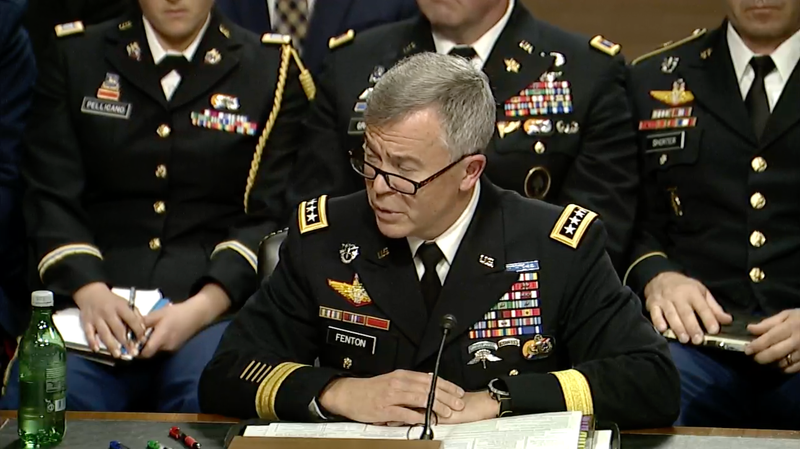
At an Armed Services Committee hearing, Senator Ted Budd (R-NC) asked Special Operations Command commander Gen. Bryan Fenton about the controversies in his command that have been featured in numerous press articles over the last few years, including stories about murders, suicides, and drug use in Special Ops.
Some of those controversies include the murder of Green Beret Mark Leshikar, the unsolved murders of Delta Force operator Billy Levigne, an alleged rape by a Delta Force operator, widespread drug use, and even an instance of a Green Beret charged with human trafficking.
As recently as 2020, Special Operations Command was telling congress, and the public, that the command has "no systemic ethical problem" within its force. Two years later, as press reports of ethical problems in the force continued to be made public, the command appeared prepared to acknowledge the issue. An issue of Special Warfare magazine appeared that dealt entirely with ethics within Special Operations.
When asked by Sen. Budd, the SOCOM commander was unequivocal that there is a problem that needs to be addressed, while also insisting that the deviant behavior is atypical of the more than 70,000 soldiers found within Special Operations.
"That very issue hits at the heart of our number one priority, our people," Gen. Fenton stated at the Armed Services Committee. "We are deliberately laser-like focused on this issue. It is corrosive."
As far as what the command was doing to address the issue, Gen. Fenton mentioned enforcing the standard, asking soldiers to report their teammates to the command when they do something wrong, and "holding folks accountable. You'll see us do that."
Reports from Fort Bragg indicate that at certain units like 3rd Special Forces Group and at the Special Warfare Center, at least for a time, the units tightened restrictions by holding more formation and conducting uniform inspections and formalized physical training. USASOC declined to comment when asked about these measures.
Asking soldiers to report their teammates is likely to be viewed as snitching, and in cases where troops did report deviant behavior such as war crimes in the case of Navy SEAL Eddie Gallagher, those troops were thrown under the bus in a very public manner while military lawyers botched the case. This is unlikely to encourage others to come forward.
As far as holding troops accountable, no one was or has been, held accountable for the deaths of Mark Leshikar or Billy Levigne. As of yet, no one has been publicly held accountable for the recent case of a massive drug and human trafficking investigation directed at the Special Ops community on Fort Bragg.
While the putative words have been issued, it remains opaque as to what the command intends to do about the now-acknowledged ethics issue within the force beyond some formation runs and enforcing haircut standards.
Want to get more connected to the stories and resources Connecting Vets has to offer? Click here to sign up for our weekly newsletter.
Reach Jack Murphy: jack@connectingvets.com or @JackMurphyRGR.


